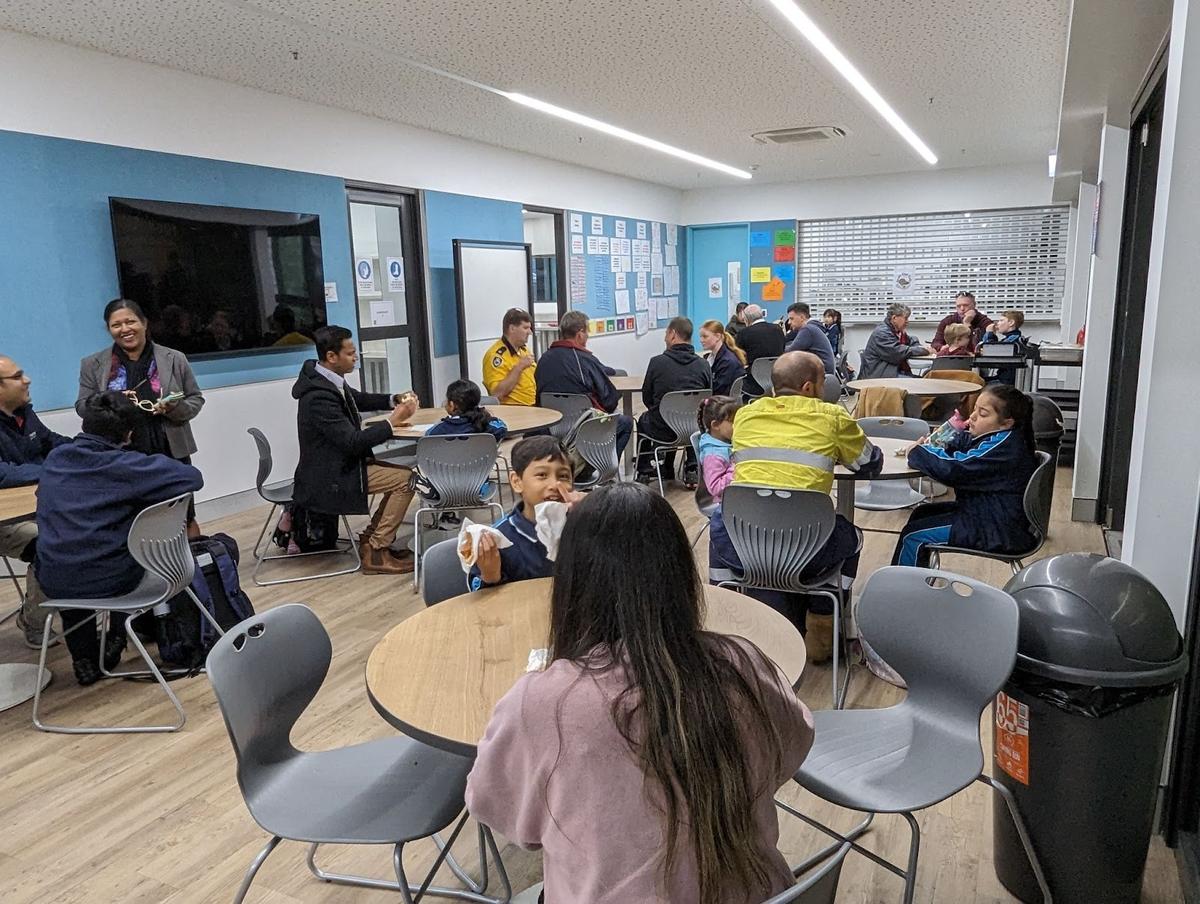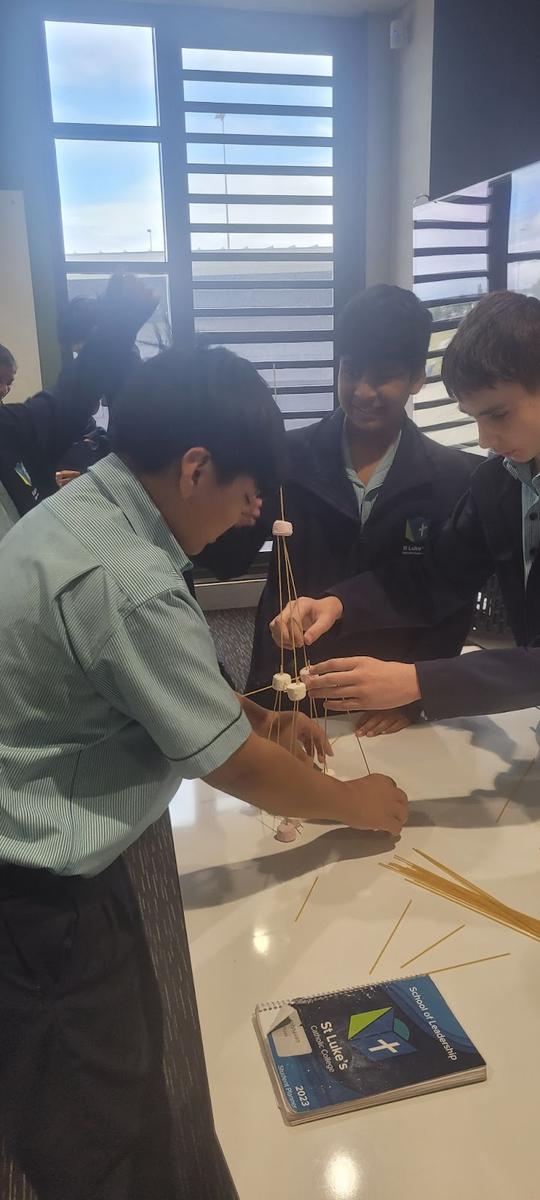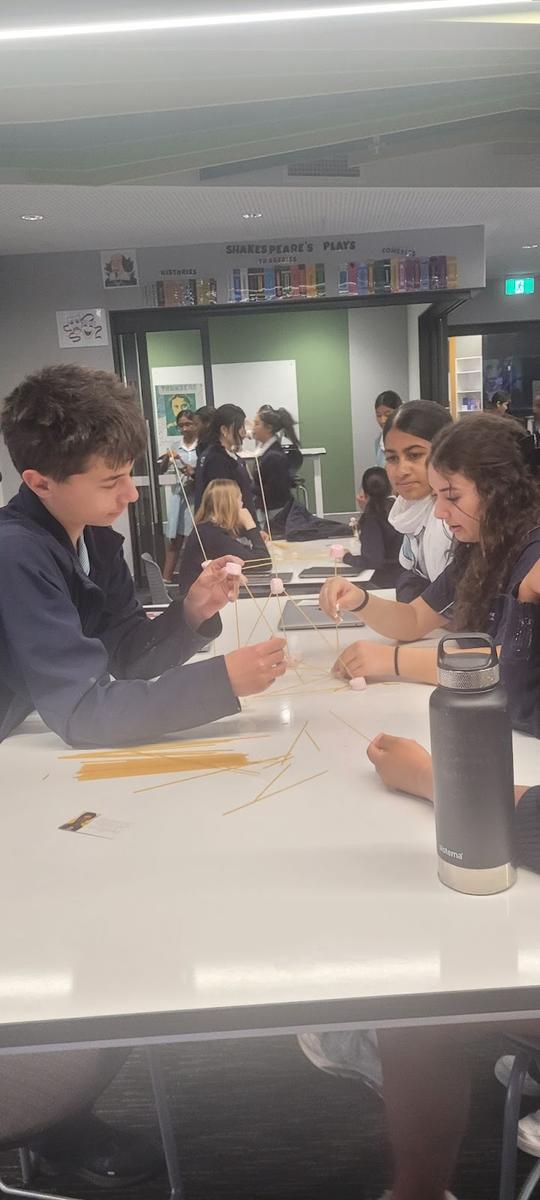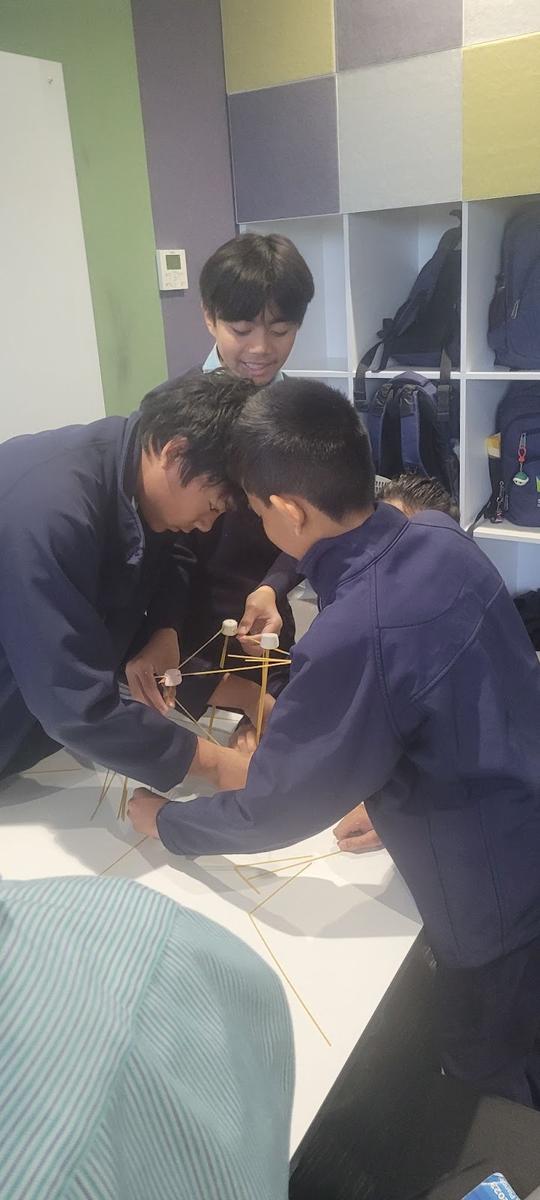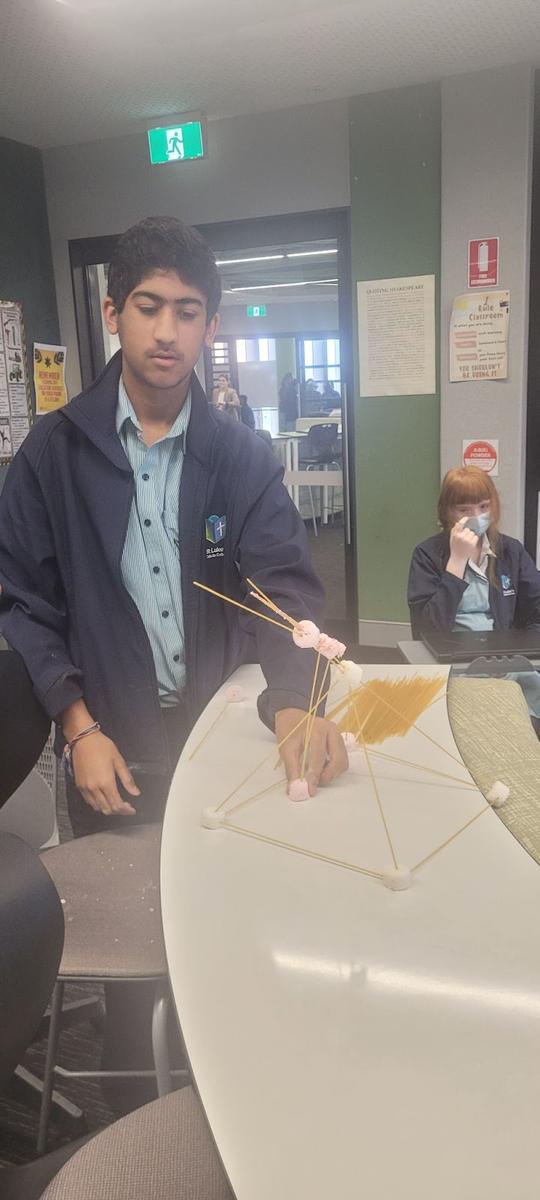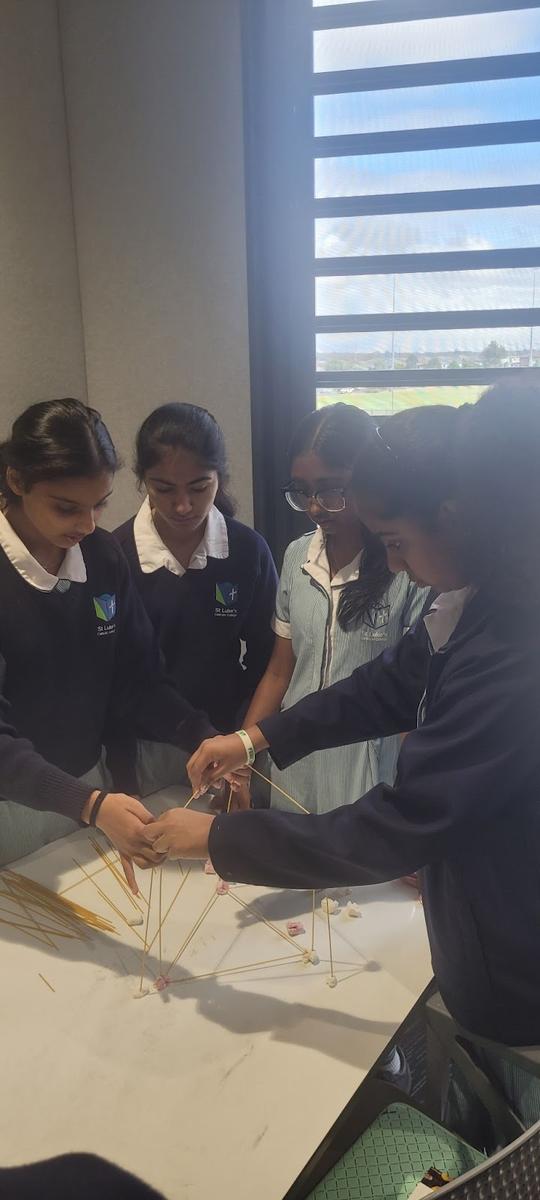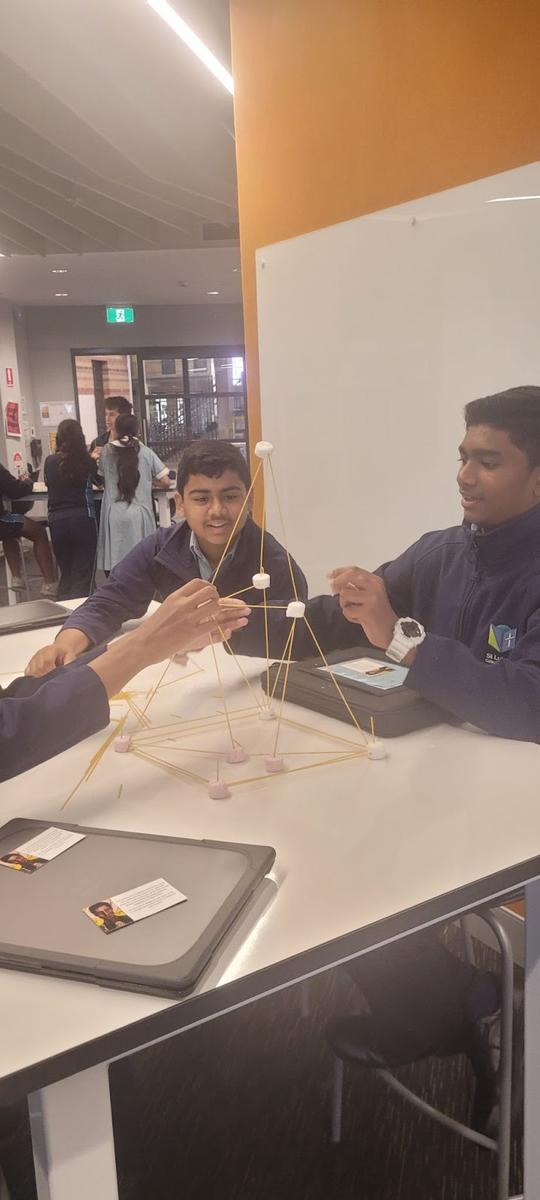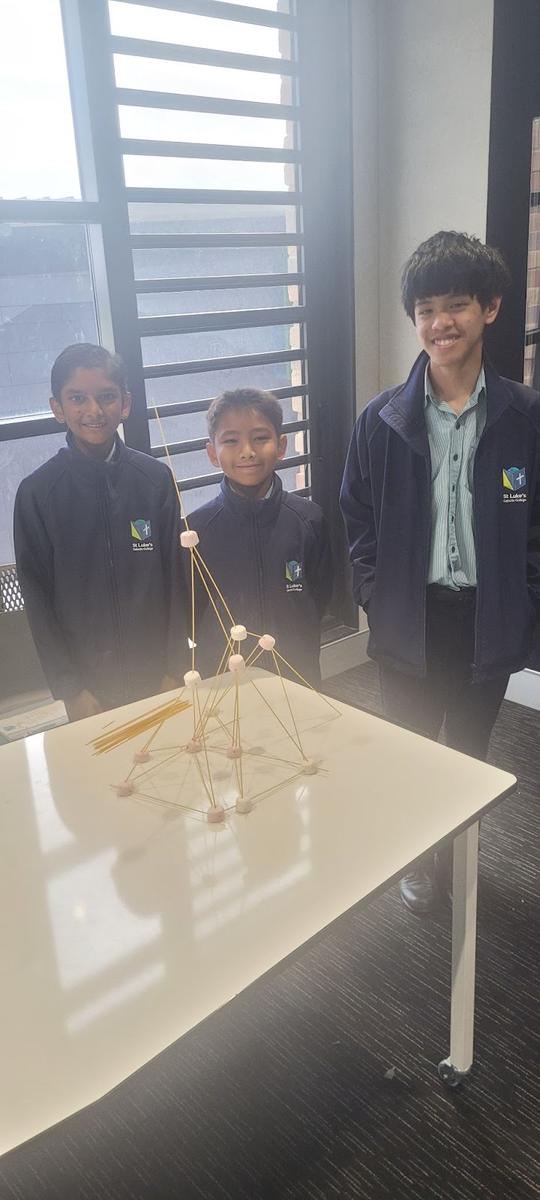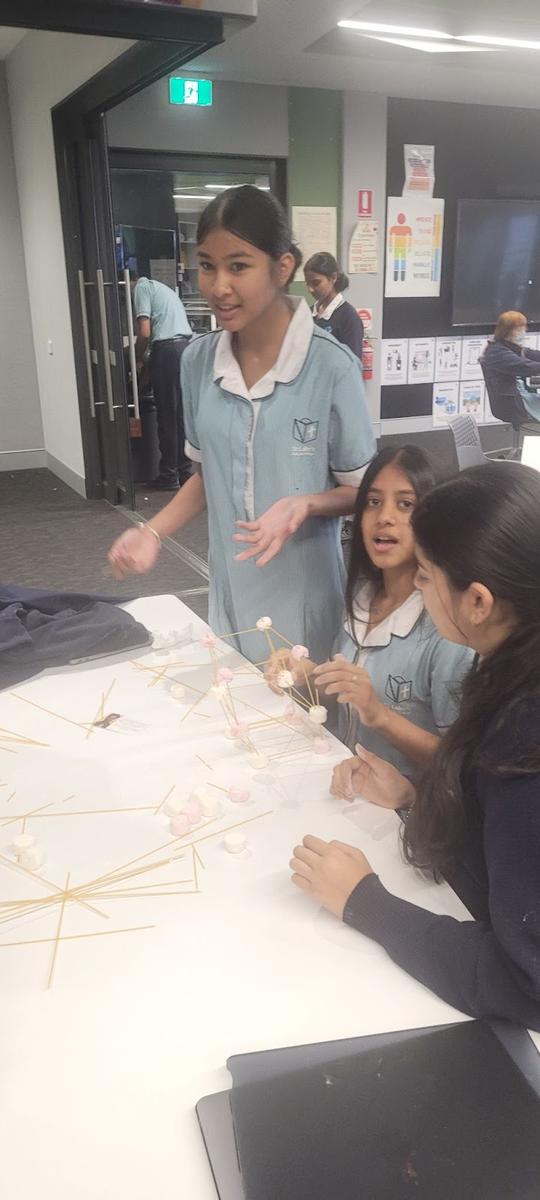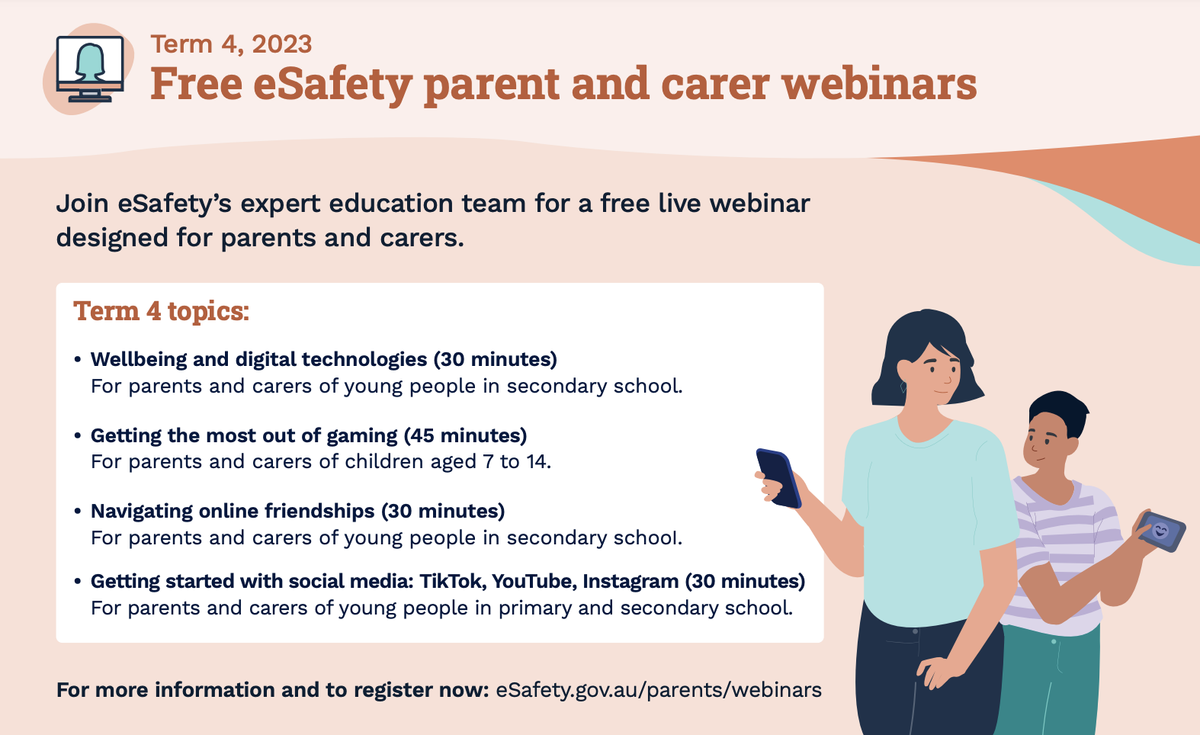Wellbeing
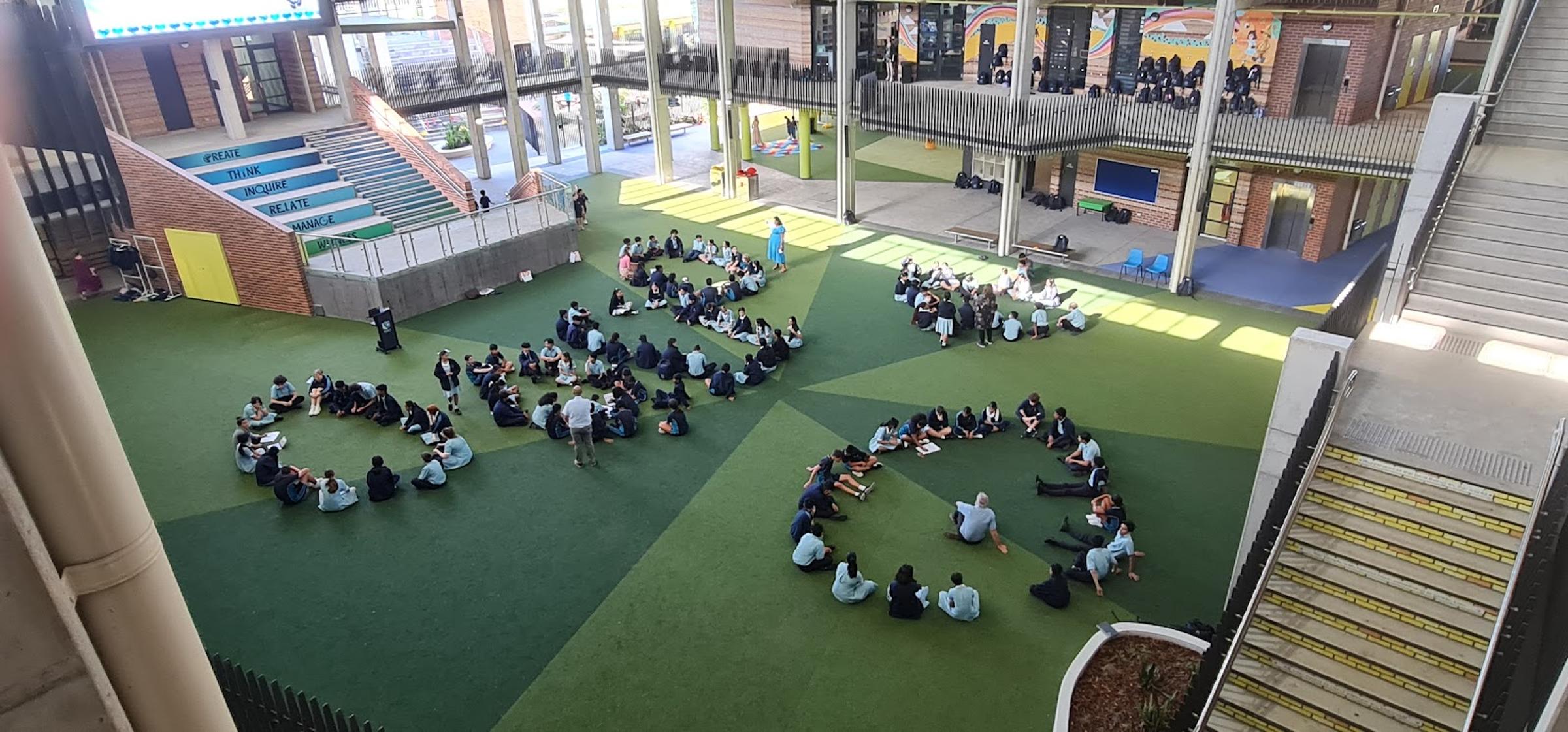
Wellbeing in the School of Leadership
Peer Companions
Peer Companions will continue with the module, Moving Forward which focuses on resilience.The experiences in the module help children to identify their qualities and strengths, develop skills, respond with a range of strategies and seek support when faced with challenges. In this session, the children will establish connections with the other members of their group and develop their group agreement to enable them to work well together.The children will discuss an example of a challenging situation and some resilient and non resilient responses. You might like to discuss with your child what they can do to help them take an active role in Peer Support.
What can parents do to promote resilience?
“Children should see mistakes as a basis for learning - too much protection from disappointment and failure may not give children the chance to learn how to deal with their mistakes or difficult situations”. Parenting SA
- model resilient behaviours when facing challenges
- remind children of appropriate ways help manage feelings
- praise accomplishments, particularly those which have required perseverance
- continue to help children learn to recognise and name their feelings as well as those of others
- continue to help children become increasingly aware of their temperament as well as the those of others in their life
- gradually expose children to adversities or prepare them by talking, reading books and identifying and discussing resilience factors which may be helpful
- encourage children to demonstrate empathy, to be pleasant and do kind things for others encourage children to use communication and problem solving skills to resolve interpersonal problems or to seek help with them
- communicate with children, discussing, sharing and reporting on the days’ events, ideas, observations and feelings
- help children begin to accept responsibility for their own behaviour and to understand their actions have consequences
- provide opportunities for children to set goals, make decisions, show initiative and take responsibility both independently and with support
- establish family rituals to celebrate events and daily routines
- help children feel more secure by showing them they are loved, wanted and that they belong ensure children are getting enough sleep
- encourage regular physical activity they enjoy
- encourage time spent outdoors to clear the mind
- ask for their opinion so they have practise at communicating their view
Year 7 and 8 Wellbeing Wednesday - Leadership and Teamwork
The next few weeks, Year 7 and 8 will be centering their attention to the topic ‘Leadership and Teamwork’, which sits under the domain of Positive Relationships. Using the strength of leadership, and the skills of communication and collaboration, are key to working well in a team. Leadership is about making things happen and supporting others to be their best. This involves being organised and committed, setting team goals, delegating tasks, encouraging others, and working hard for the success of the team. Strong leaders have a positive attitude, are compassionate and good listeners, set a good example, and inspire others. They are well respected and valued by the team. A group of effective team members are good at helping, sharing and taking turns, and are loyal to the team.
Research shows that we are stronger when we are in teams. When we are working with others to meet a common purpose, we are able to achieve much more than our individual work combined.
Building a marshmallow and spaghetti tower may seem like a simple, fun activity, but it carries valuable lessons in leadership and teamwork that are essential for our students' personal and academic growth. As students collaborate to construct a stable tower using these seemingly incompatible materials, they learn to communicate effectively, share ideas, and work together towards a common goal. Leadership skills emerge as individuals step up to guide the team, delegate tasks, and motivate their peers to stay on track. The tower-building challenge showcases the importance of clear direction and the ability to adapt to changing circumstances, helping students understand that leadership is not just about giving orders but also about inspiring and facilitating a group's success. This hands-on activity fosters a sense of unity and highlights the power of teamwork, teaching our students that when they combine their diverse skills and perspectives, they can achieve remarkable results together.
Try this at home: Ask your children to list as many famous sportspeople as possible who are good leaders and good team players, giving reasons why. What makes them stand out? How do they act and react differently to others? Does good leadership always mean good teamwork and vice versa?
WHAT DOES LACK OF SLEEP DO TO THE BODY AND HOW DOES IT AFFECT STUDY?
We all know how important sleep is, and most of us know that because we aren’t getting as much of it as we would like – or at least in the quality we would prefer.
Lack of sleep, especially on a chronic basis, can have significant negative effects on both the body and the academic performance of students. Here are some key impacts of sleep deprivation:
- Impaired Cognitive Function: Sleep deprivation can impair various cognitive functions, including attention, concentration and memory. Students may have difficulty focusing during lectures or while studying, experience reduced alertness, and struggle to retain and recall information accurately.
- Reduced Learning Abilities: Inadequate sleep hampers learning abilities and academic performance. The ability to process and integrate new information is compromised, making it harder for students to grasp complex concepts and perform well on tests or exams.
- Poor Problem-Solving Skills: Lack of sleep can hinder critical thinking and problem-solving skills. Students may find it challenging to analyse and solve problems effectively, impacting their problem-solving abilities across different subjects.
- Decreased Creativity and Innovation: Sleep deprivation can diminish creativity and innovation. It impairs the brain's ability to make novel connections and think creatively, limiting students’ ability to generate new ideas or approaches to assignments or projects.
- Emotional Instability and Mood Disturbances: Sleep deprivation often leads to emotional instability, irritability and mood disturbances. Students may experience increased stress, anxiety and frustration, affecting their overall emotional well-being and interpersonal relationships.
- Physical Health Issues: Chronic sleep deprivation can contribute to various physical health problems, including weakened immune function, increased susceptibility to illnesses and a higher risk of developing chronic conditions such as obesity, diabetes and cardiovascular diseases.
- Impaired Motor Skills and Safety: Lack of sleep negatively impacts motor skills, coordination and reaction times. This can be particularly dangerous for students who drive or participate in activities that require physical coordination, such as sport or laboratory experiments.
- Social and Behavioural Issues: Sleep-deprived students may exhibit behavioural issues, such as hyperactivity, impulsivity and difficulty regulating their emotions. They may also have difficulty socialising and maintaining healthy relationships with peers due to mood swings and irritability.
To promote healthy sleep habits and mitigate the effects of sleep deprivation, it is important for students (and all of us) to prioritise regular and sufficient sleep. Establishing consistent sleep schedules, creating a conducive sleep environment, practising relaxation techniques before bed and avoiding stimulants like caffeine in the evening can help improve sleep quality and support academic success.

